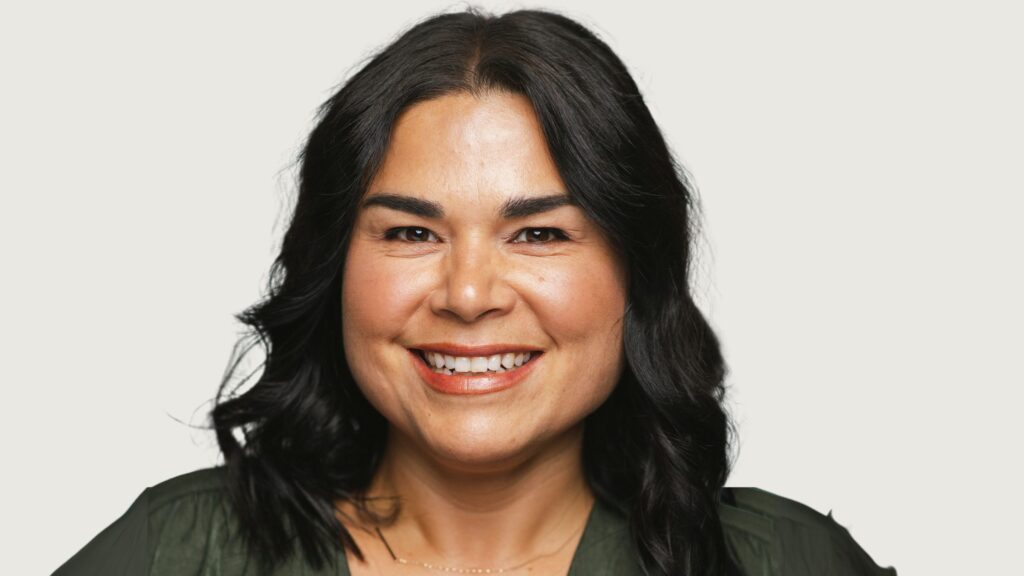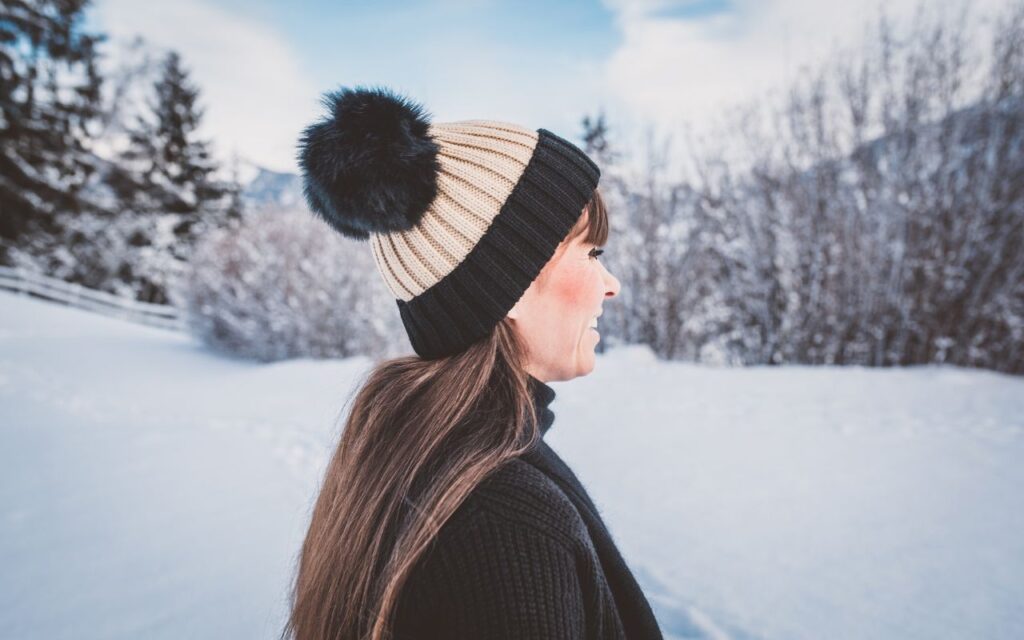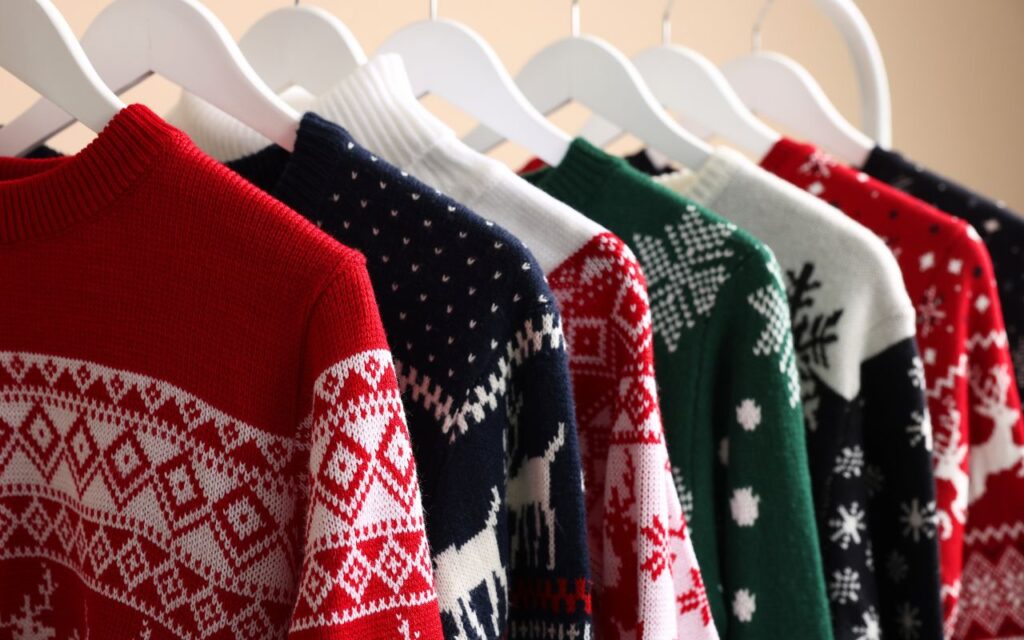
Catherine Clark: Jenn, we are really thrilled to have the opportunity to talk to you. Is it true that what started all of this was your dream about little Indigenous girls covered in colourful lip glosses?
Jenn Harper: That is in fact true! As crazy as it sounds, it is very true. Back in January 2015, I popped out of bed in the middle of the night and wrote down this dream, which was to, at the time, create a lip gloss. From there, I spent the next couple of years just diving into a new industry.
I was selling fish when I had that dream, I worked for a seafood company, and my whole career had been in the food side of the business, starting in hospitality, and then moving into sales and marketing. So, I had no experience in the beauty industry when I started Cheekbone Beauty.
Jennifer Stewart: How did you go from a dream to waking up and deciding to launch a major cosmetics business?
Jenn Harper: I think it’s really important to understand the passion and why the business exists. Without that, we would not be where we are, or I probably would have given up a long time ago. The beauty industry is probably one of the most competitive spaces. You can walk into any beauty retailer and recognize hundreds of brands. So how do you even stay relevant in this area?
My past careers played a big role in the brand, and I understand how to build a product and put it into the world. I spent two years before launching the brand reading over 100 books on business and entrepreneurship in the beauty industry and marketing and financial strategies. At the same time, I was also reading books that really spoke to my culture because what I recognized early on was that really one of our unique positions in this competitive market would be this authentic vantage point of bringing a brand into the world that was really doing this through an Indigenous lens. What that meant was how we spoke about our ingredients, our supply chain and our packaging. We also focused on the historical factor and understanding that there is ancient wisdom here, albeit passed down orally.
Catherine Clark: Jen and I have often said about starting The Honest Talk, that if we’d actually known what we were getting ourselves into and just the sheer amount of work and time that would be required to build this, as much as we adore it, we’re not sure we actually would have taken the leap. And I have to imagine it’s got to be the same for you?
Jenn Harper: Yes! But there’s also that passion that’s behind everything. So, it didn’t feel like work; I believed this brand needed to exist.
I was learning about the incredible beauty of my culture and my family’s history, but also the trauma that went along with that. I was enamoured with this idea of representation and firmly believed that the world needed this more than ever. This kind of brand didn’t exist in the world, and I really felt it was important for the next generations.
When you think about how I started with just very minimal means in the corner of my basement, to now, we’re in Sephora in Canada, and JC Penney in the United States…you can have nothing, and you can turn it into something. It’s all about the amount of effort you want to put into it. So, I feel that my role is to be here for this next generation of young entrepreneurs and those who come from communities like mine.
Jennifer Stewart: You’ve had a lot of pain in your life; you’ve lost two brothers, and you’ve battled alcoholism yourself. How do you actually turn pain into purpose?
Jenn Harper: My personal story and journey plays such a big role in the brand. I had newly become sober, and so I had all of that battle, but then to have this dream and discover my next path was incredible.
I always say Cheekbone has been part of my personal healing journey. I wasn’t striving for perfection when we were ready to launch, but then tragedy hit my family. Losing my brother, BJ, to suicide just before launching was the most painful experience. I’ve since lost another brother to drug addiction, but I knew that that became the why. After losing my brother, it became so evident to me that I was never going to give up on it.
I was speaking with my mom, and, you know, she’s lost a son; I’ve lost a brother this past June, and I was like, “Mom, how are we dealing with this? Like, it is insane that humans have to go through this kind of pain.” I know it’s easy to say you just do, but I, personally, rely on a higher power. Ever since my sobriety journey, just recognizing that life is not just me, I firmly believe that I have help, and that comes from such a greater source than I could possibly imagine. And I honestly feel like I can only get through this life with that kind of support because I certainly could not do it on my own. I am far too weak.
Catherine Clark: A lot of women have one person in their life who’s made a particularly vibrant impact. Who is that person for you?
Jenn Harper: Absolutely my mom. Just watching what she has gone through in her life and her work ethic, I absolutely admire everything about what she has done. She is, quite honestly, one of the happiest humans I’ve ever met. It’s really interesting watching my daughter, too, and the kind of person she’s become. The things you know that a young person can accomplish are pretty fascinating.
Catherine Clark: You also have talked about your grandmother. One of the things that you described learning about was intergenerational trauma, and your grandma, as I understand it, was a survivor of the residential school system. What was it like for you to learn about that history?
Jenn Harper: It was extremely eye-opening. It was literally like an A-HA moment in my life when I finally understood myself. When I talk about being on this healing journey, learning about my grandmother’s experience in a residential school helped me see who I am, why I am the way I am and how I can change that. Knowing that she survived has empowered me on a business level most days because I think about her obviously when building Cheekbone, and her journey has definitely been part of that.
Jennifer Stewart: Where are we gonna see Cheekbone Beauty in five years?
Jenn Harper: Hopefully, it becomes a brand everyone knows and talks about. But I would love people to say Cheekbone and say that this was a brand that really helped in a movement towards sustainability in the beauty space.
I would love people to know that it was Indigenous-led, owned, and operated and that this Indigenous culture and our roots really drove change in many of the beauty spaces because of how we speak to ingredients and how we speak to sustainability in general. It’s not just a marketing play anymore, I hope it actually becomes this authentic part of the beauty space, and that that’s what we become known for.







